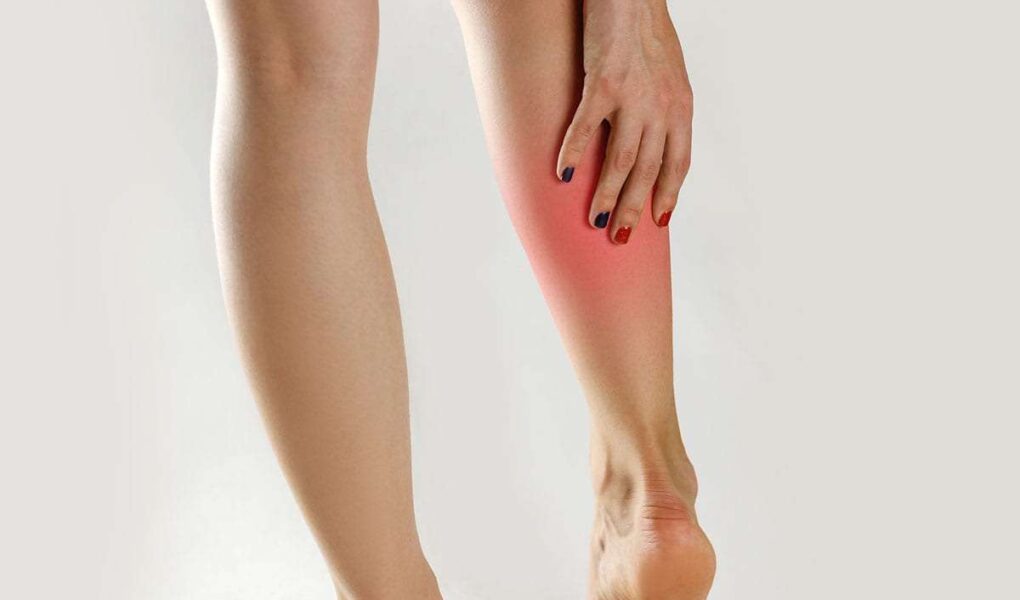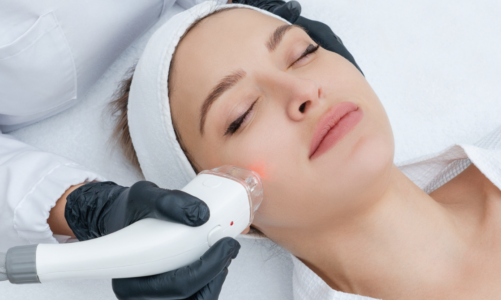A common painful disorder that could interfere with sleep and make the night unbearable are the leg cramps. They tend to happen unexpectedly and can happen to anybody, although they are more common in specific groups. The complication of knowing the causes and the management of leg cramps can assist in mitigating the severity and frequency of leg cramps.
Learning more about night leg cramps
What are leg cramps?
Leg cramps are involuntary movement of muscles and they are painful, and they are usually, but not always, calf muscles, but can also be thighs or feet. The length of these cramps depends on a few seconds to some few minutes and occur suddenly and with a lot of pain. Although typically they are not harmful, they may be disturbing and upsetting, particularly when they take place when one is lying down.
Discussing the symptoms of leg cramps
When a cramp in the leg occurs, you tend to manifest the following symptoms:
- Sharp pain: Sudden and intense pain in the involved muscle and is usually referred to as knotting or tightening.
- Stiffness: The muscle is tight and rigid when there is a cramp.
- Muscle tenderness: After relaxation, the muscle will be painful and tender to the touch.
- Limited mobility: You may also experience difficulties with the movement of the leg having a cramp until it passes.
- These symptoms usually occur at night and disrupt the sleep of people, the discomfort of which may last even after the departure of the cramp.
Discovering what causes leg cramps
It has a number of causes as to why leg cramps might happen, particularly during the night. Common causes include:
- Dehydration: Lack of drinking of water may result in the body experiencing cramps of the muscles since body muscles require to be properly hydrated to perform well.
- Electrolyte imbalances: The low concentrations of valuable minerals such as potassium, magnesium, and calcium levels may increase cramps.
- Overexertion: This leads to cramps in case of overworking of the leg muscles during physical activity, especially when they are tired.
- Poor circulation: The low flow of blood to the legs (which is common when one sleeps) can result in cramping.
- Medications: There are some medications that could be used like a diuretic or statins that increased the chances of having cramps as a drug side effect.
- Pregnancy: such factors can potentially instigate leg cramps in pregnant women: hormonal fluctuations impact and the pressure of the enlarging uterus.
How to find relief from leg cramps
Should you have leg cramps at night, you can ease the cramp in a number of ways. These are some of the ways that can be used:
- Stretch the muscle: The muscle in effect can be stretched by gently going towards the leg and this could help eliminate cramp. Attempt to stand and put your weight on your Jointed left leg, or attempt to others attempt to pull your toes to the sky keeping legs straight.
- Massage the muscle: The light massage may help the muscle to relax and measurably raise the blood flow in that part of the body.
- Apply heat: Heat will assist the discomfort by contraction of the heating pad or a warm comma.
- Use cold therapy: This involves the use of an ice pack, which can help cause decrease in inflammation and pain.
- Hydrate: The body is supposed to become hydrated through consuming water or an electrolyte balanced drink.
To sum up
Sometimes leg cramps at night may be painful and disturbing yet knowing the causes of this problem and ways of relieving and preventing this issue can make a lot of difference. In case of harsh or chronic cramps, it is necessary to seek medical attention to exclude any underlying conditions.






